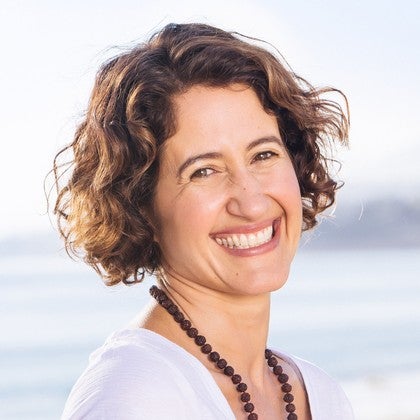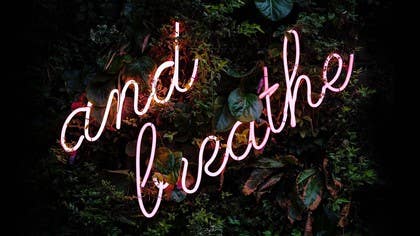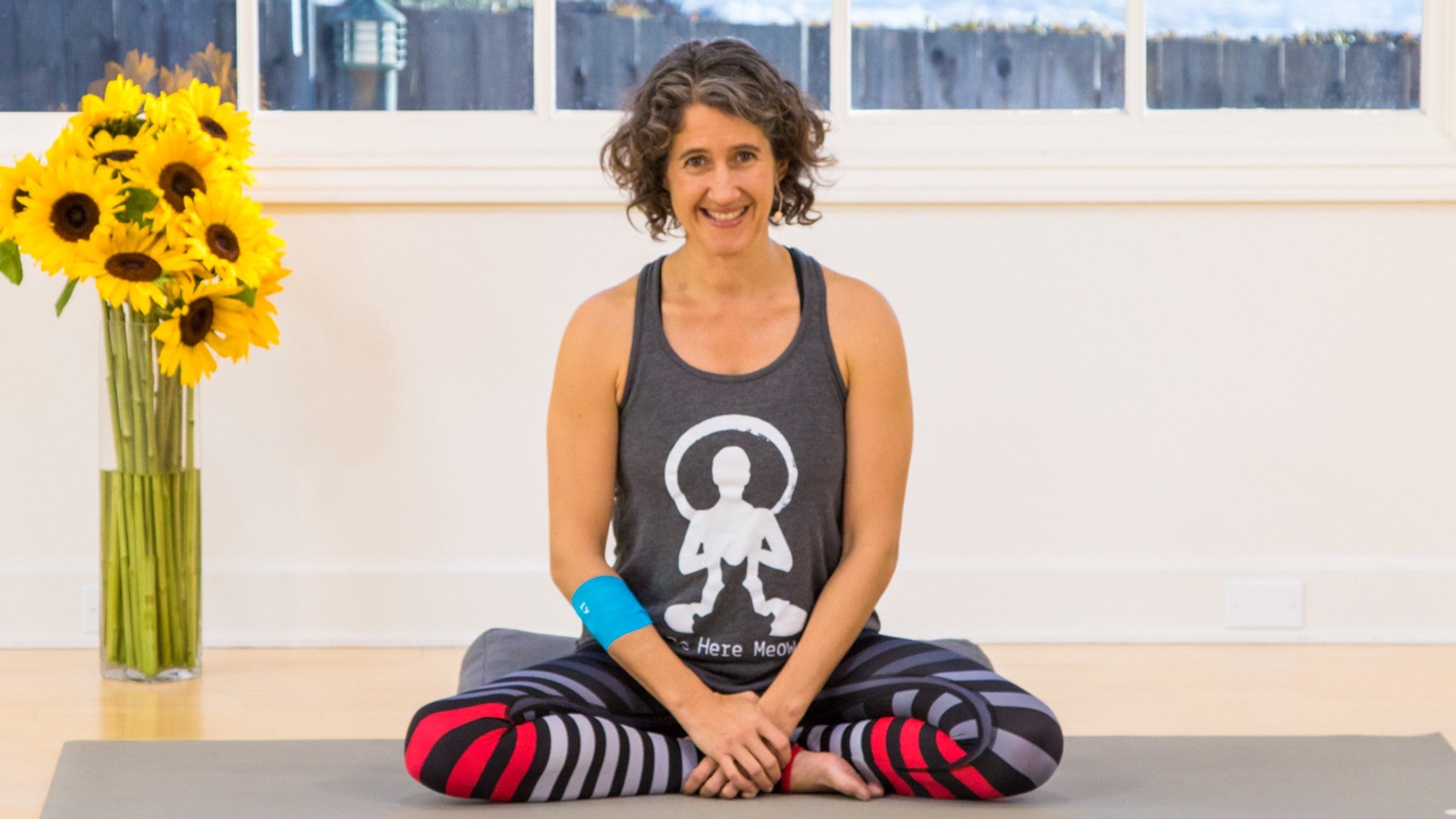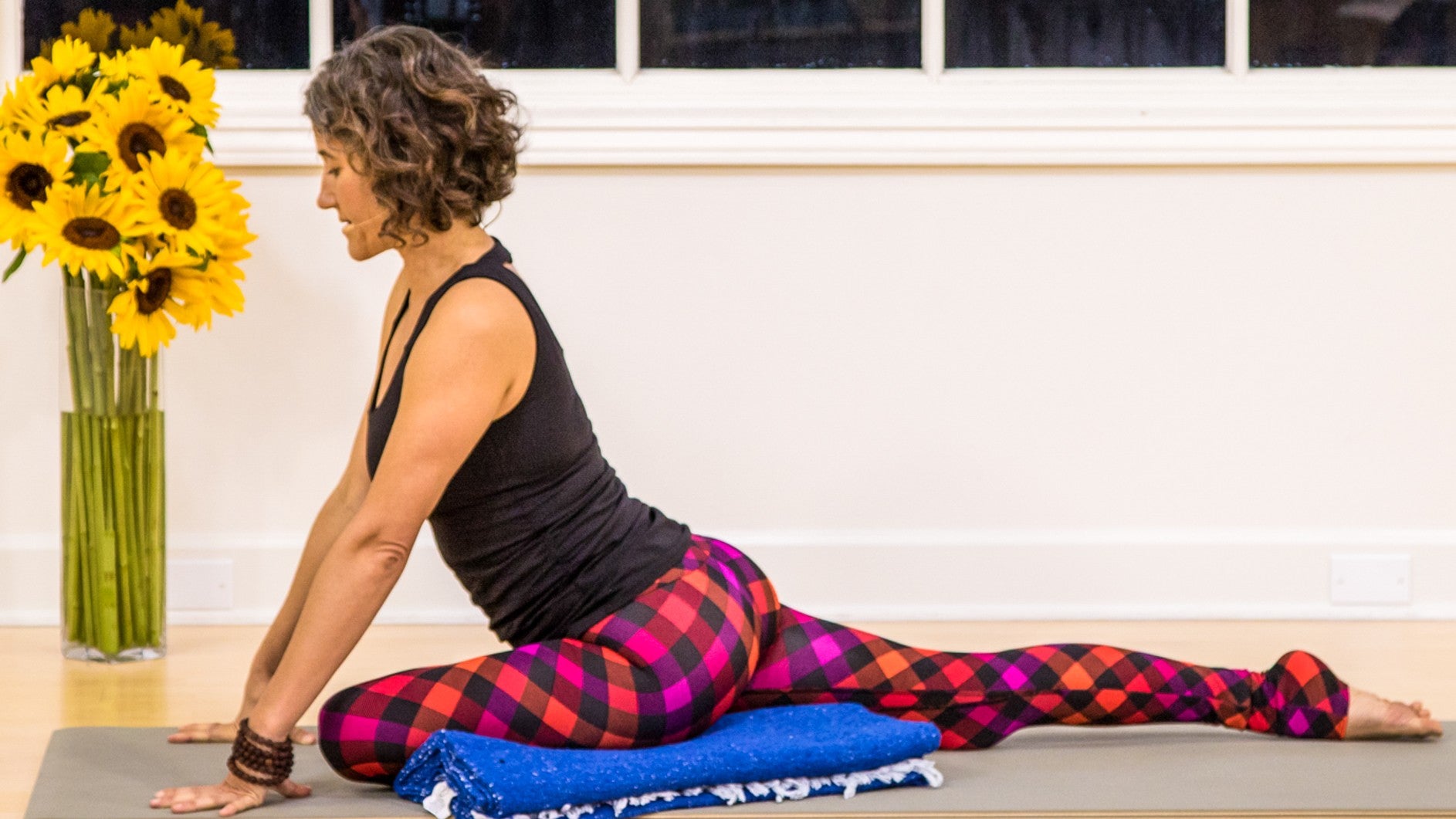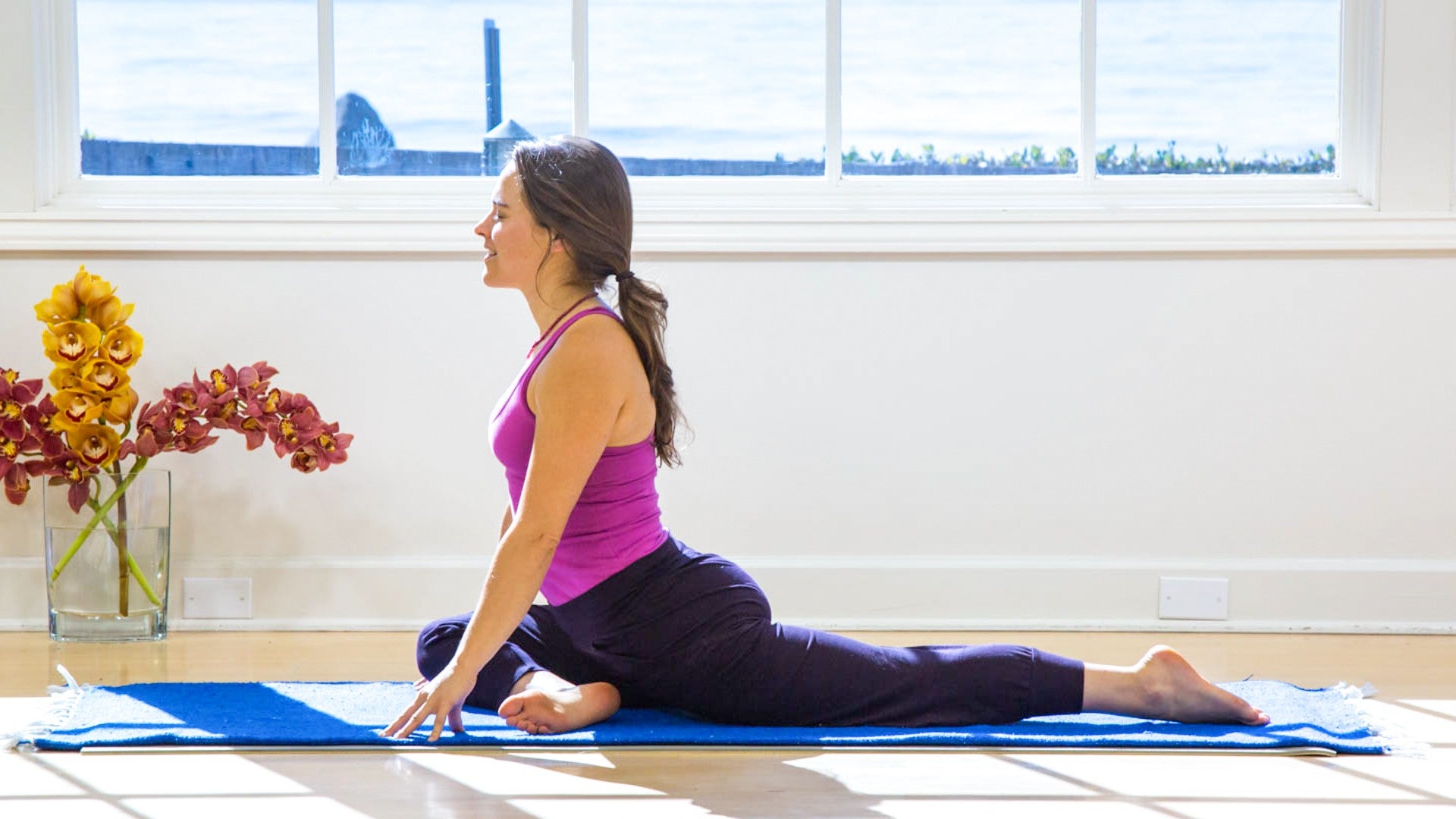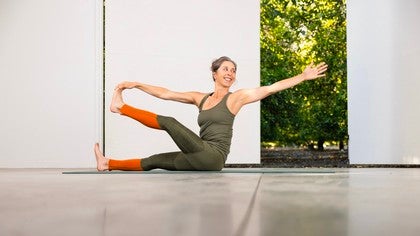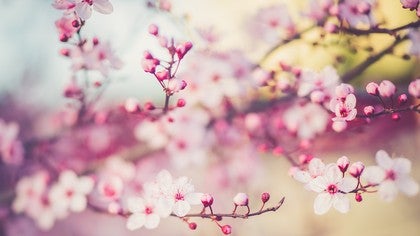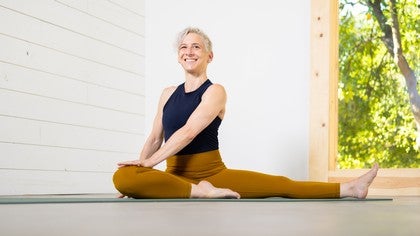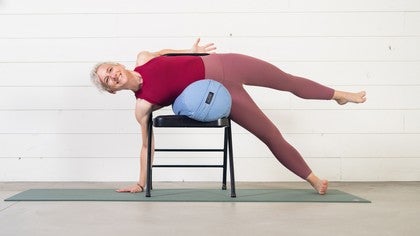
Tis' the Season to Yin
The heart yearns for connection, but the busy of the holidays is rarely what the heart had in mind. Instead of feeling nourished, we are often left exhausted. And when we are exhausted, it is easier to be short, unkind, and unforgiving with our loved ones.
Yin Yoga can create the perfect container to pause, collect our scattered minds, reduce our agitation, and maybe even help us touch the true spirit of the season.
What is Yin Yoga?
Yin is a relative term and has little meaning if not in relationship with its intimate dance partner, yang. Within Chinese philosophy, yin is often associated with the nourishing, sustaining, and passive feminine principle of the cosmos. Yang is associated with the creative, heating, and active male principle of the cosmos. Yin is the dark to yang's light. It is associated with the support of the earth while yang is associated with the vastness of the heavens. (Note that this male/female model is reversed in India; the feminine energy, shakti, is the active principle.)
The primary invitation of the Yin Yoga practice is to be and stay with what is actually happening. In the Northern Hemisphere, we are approaching the darkest day of the year, the winter solstice, on December 21. It makes good sense to honor and mimic what is happening in nature in ourselves. This is the time to go inward, slow down, and pay attention. While in some regions, it can look like everything in nature is dead, the seeds that will sprout in the spring are alive and well, deep down in the dark.
Yin Yoga poses are held for just long enough, 3 to 5 minutes, for our momentarily dormant, but very much alive seeds to come to the surface. And for many of us, what easily sprouts forth from the dark is our anger, greed, impatience, and other unwanted emotions. The seeds of these emotions are always brewing beneath the surface just waiting for the opportunity to bloom. With no self-investigation, these outbursts can feel surprising, even embarrassing. Sometimes we apologize. Sometimes we justify the feeling and even act, often with later regrets. The intentional allowance for these emotions in the safe space of a practice gives us the chance to air ourselves out in private. We want to see these aspects of ourselves as once these emotions are clearly seen, they have a chance to soften their grip and flow onward. Eventually, with a combination of practice and grace, the deeper interior causes start to become more obvious and can be dealt with directly.
The payoff of the self-study comes in our daily lives—when we find ourselves in the endless line at the post office, trapped at a boring work party, circling the parking lot of the mall, or held hostage at the holiday dinner table with our family of opposing political views. And when these seeds start to sprout, we have more of a chance to recognize what’s happening and catch it before we roll our eyes, growl and grown, or even yell in the direction of innocent bystanders. We have more of a chance to laugh inwardly at ourselves, sit the next couple of plays out, and maybe even be graced with an opportunity to feel patient, kind, and happy to be with others during this magical time of year.
We invite you to join us in our yoga show Yin Yoga where we offer a collection of Yin Yoga practices and Meditations to help you drop in and find ease, contentment, and satisfaction for what is.
Comments
You need to be a subscriber to post a comment.
Please Log In or Create an Account to start your free trial.
